Blog

“Battle of the Somme” Centenary – Collaboration Opportunity with Simon Barraclough
Attention all – we have a new opportunity to announce! From 2014-18, a huge range of cultural activities are taking place across the UK to mark the centenary of the First World War. The focus of 2016’s commemorations is the Battle of the Somme – or the film of the same name that was released…
Read More
Haiku Rebellion: An interview with Lynne Rees
An Interview with Lynne Rees
“I think there’s a democratic aspect to haiku that persists in Japan and in the West that’s very appealing: groups of ordinary people meet to write and share their haiku and, inevitably, their lives”
Read More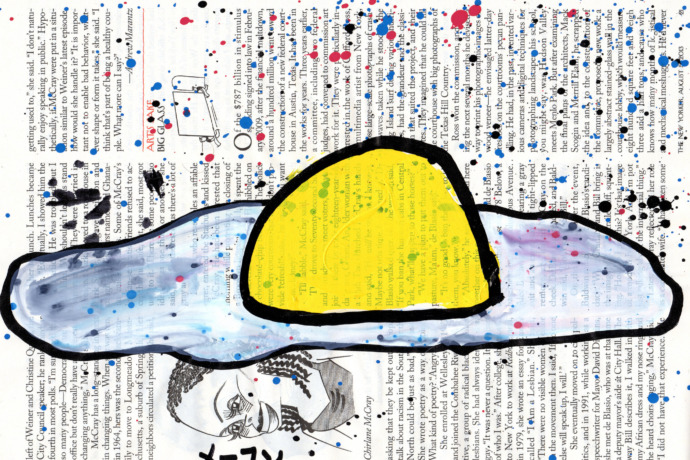
Anti-Poetry for today: Melissa Lee-Houghton looks to reinvent Dada
This is a course for people who want to do something new and respond to the world around them by writing poems which engage with the fizzing energy and anarchic vibe of Dada whilst exploring contemporary art, film and writing and assimilating the current political climate. So what will poets be doing on this course?…
Read More
Adventures in the Blind Field: An Interview with Sally Flint
An Interview with Sally Flint
“The art of really looking intrigues me – especially how poets interpret, use and move beyond what they see“
Read More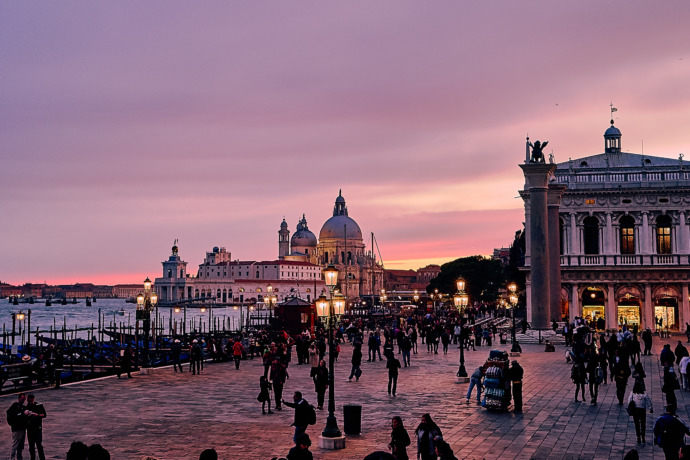
A Tale from the World City: David Tait
“Leaving there and proceeding for three days toward the east, you will reach Diomira, a city with sixty silver domes, bronze statues of all the gods, streets paved with lead, a crystal theatre, a golden cock that crows each morning on a tower. All these beauties will already be familiar to the visitor, who has…
Read More
How I Did It: Poem in Which…
In darker periods, I spend far too many hours Wikipedia-hopping: clicking from link to link and half-learning all sorts of extraordinary things. I find Wikipedia a real horde of things to write about and poems to find. My favourite articles are the list pages, and the best of these (and a good portal to further…
Read More
Shey Hargreaves reads ‘Death at Sea’ and ‘Junior Doctors’
Shey Hargreaves, our former Digital Poet-in-Residence with 1215.today, reads two of the poems written during her residency. The poems are also hosted over on the 1215.today site. Junior Doctors is “an homage to all those toiling long, red-eyed hours in the fluorescent throb of hospital corridor”. You can read Shey’s blog post and poem about the…
Read More
How I Did It: ‘Interlude’
This poem was the first poem I tried to write after a period of about three years during which I didn’t write at all. During this time, I was making some significant discoveries about my family, my mother and myself, unpicking the deep legacies of intergenerational trauma. One day, after work, I took myself to…
Read More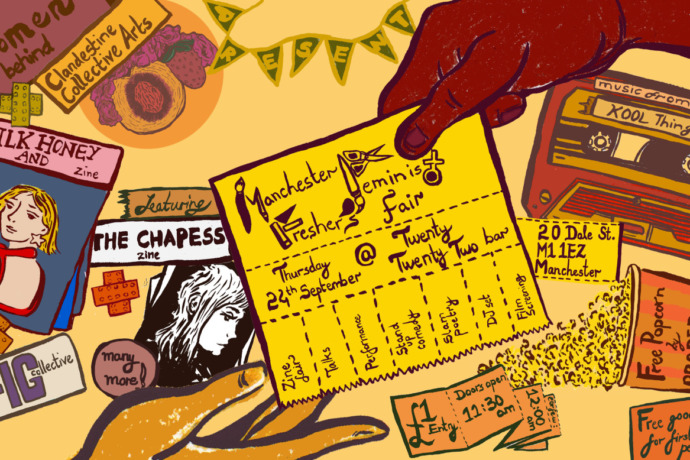
Hands On Zines: An Interview with Cherry Styles
An Interview with Cherry Styles
For me, the definition has to do with intent. Zines are not made for profit, it’s all about community, support and a desire to share the good stuff.
Read More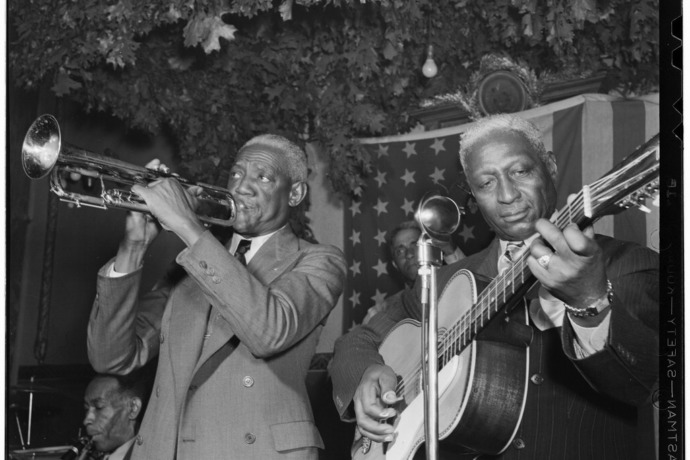
Ryan Van Winkle’s Blues Gallery
This Autumn, we introduce a new course format on CAMPUS: the Poetry Studio. These will be three-week intensive writing sessions, with inspirational challenges designed for you to get as many poems on the page as possible. We’ve called on our poetry podcaster extraordinaire, Ryan Van Winkle, to take charge of the first of these in September…
Read More
How to Put on a Poetry Reading
We get a lot of messages from our students asking us how to organise a poetry reading, so we’ve gathered all of our favourite pointers and suggestions into this handy guide. Anything we’ve missed? Let us know your top gig tips in the comments. First Find Your Venue · How many people do you want to invite to…
Read More
The Stanza: Why do poems have them?
I have a fair few books about writing poetry on my shelves, some more helpful and inspiring than others. They do seem to have one thing in common, though: while they spend plenty of time talking about the poetic line, they have nothing much to say about the stanza. They may discuss set forms of…
Read More
How I Did It: ‘The Survivors’
I began the poems in Disko Bay during a midwinter residency at Upernavik Museum in Greenland. My brief was to write about the history of the island and its present-day community but I hoped to record some observations on the wider Arctic environment too. However, the weather conditions were so extreme I couldn’t walk much…
Read More
How I Did It: ‘Upstairs’
‘Upstairs’ is the pivotal poem in my collection Distance. Six years ago, illness forced my mother to live, sleep and eat in the downstairs part of the house. This was the inspiration for ‘Upstairs’. My original intention was to highlight how, in old age, we slowly lose the world we created. But to write it…
Read More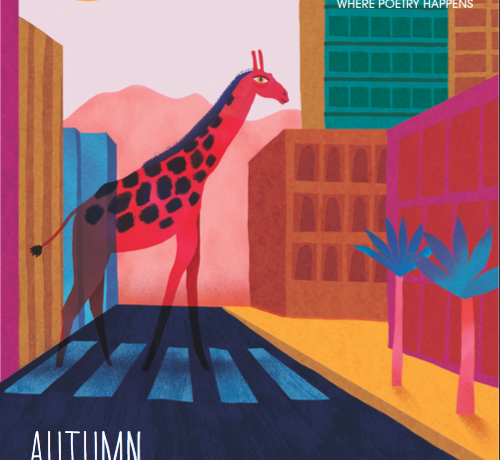
The Autumn 2016 Programme – in two lines or less!
Everyone likes a bite-sized chunk, right? Well here is a barrel full of them as we try to introduce our Autumn 2016 course programe in two lines or less… Three-Term courses The Construction of the Poem with Tim Dooley, Judy Brown, Matthew Caley, Claire Crowther and Martyn Crucefix: A 30-week course on the history…
Read More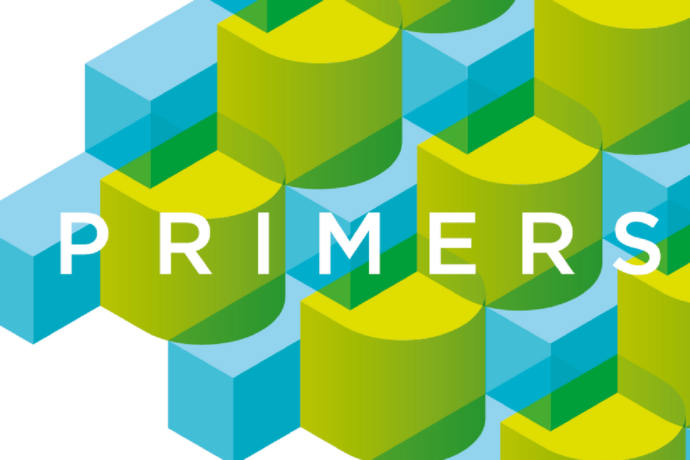
Open for Entries – Primers Volume 2: a Mentoring and Publication Scheme
The Poetry School and Nine Arches Press are delighted to announce the arrival of Primers Volume 2, the second year of an annual scheme which creates a unique opportunity for talented poets to find publication and receive a programme of supportive feedback, mentoring and promotion. The scheme will select three poets whose work will feature…
Read More
Call for Thank You Poems
The Poetry School is about to set our illustrator to work on some new print. We’re going to make thank you cards to send to partners, donors and collaborators who work with us. Our brochures are illustrated by Margaux Carpentier, and her images are always inspired by Poetry School students’ poems. Have you got, or…
Read More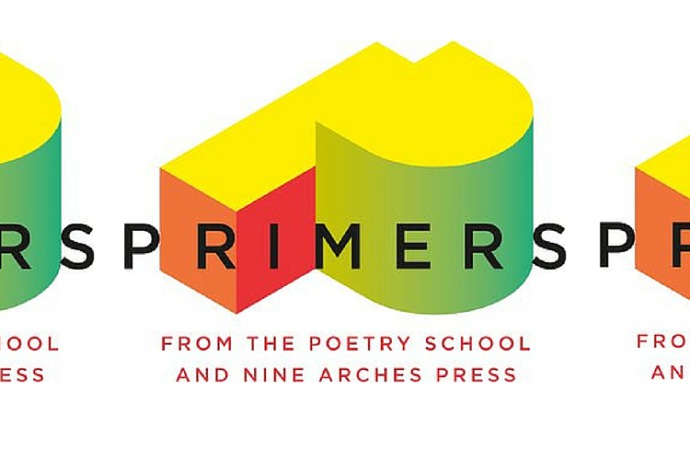
Primers Volume II Announcement
A bright yellow poetry book is doing the rounds, perhaps you’ve caught a flash. It’s Primers Volume 1, the fruit of a collaboration between the Poetry School and Nine Arches Press designed to identify, mentor and publish talented poets. Geraldine Clarkson, Maureen Cullen, Katie Griffiths and Lucy Ingram are the Primers Vol 1 writers, their…
Read More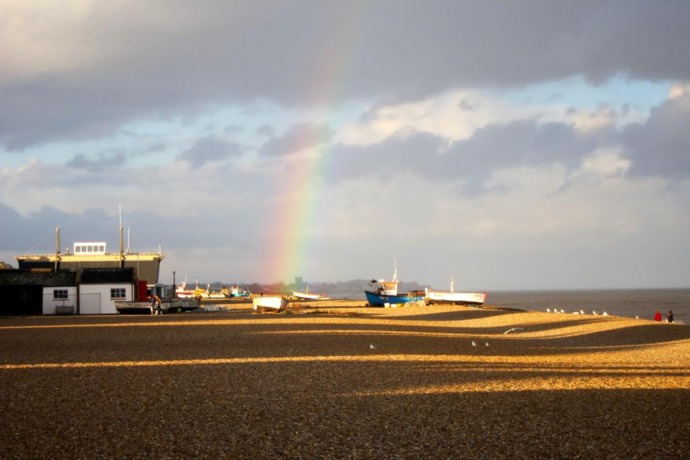
Poetry School / Poetry in Aldeburgh Paid Residency Opportunity!
Get your buckets and spades, bikinis and biros ready – here’s news of a paid poetry residency by the beach! The Poetry School and Poetry in Aldeburgh have a joint offer to make: an opportunity for a festival-focused poet in residence. While the Aldeburgh Poetry Festival organised by The Poetry Trust has a breather and…
Read More
The Bloodjet: An Interview with Katrina Naomi
An Interview with Katrina Naomi
“I think the main thing for me is if you’re going to write about violence, do it well. Let us smell it, taste it.”
Read More
Poetry School Summer Term Launch Reading
We’re launching all the new Summer courses and workshops, and celebrating the work of our students and tutors at our Summer Term Launch Reading, this Friday 22nd April. At this free event at the Tea House Theatre, Vauxhall, we’ll have two Summer Term tutors reading: Catherine Smith and R.A. Villanueva, plus we’ll hear the work of…
Read More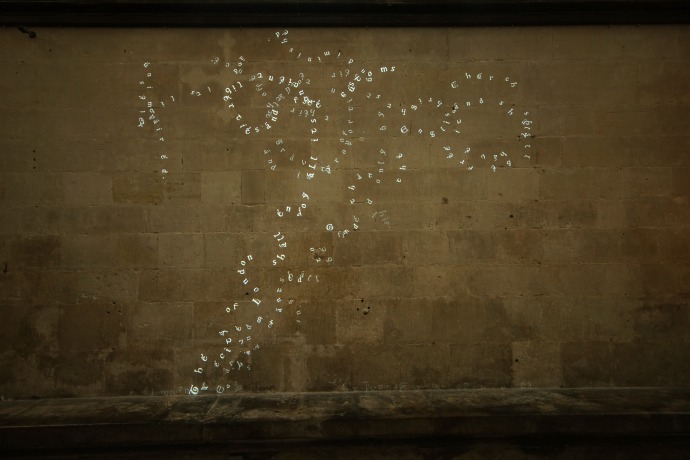
Poetry, freedom, censorship: 1215.today round-up
Hello. My name is Shey Hargreaves. I’m a writer and storyteller from East Anglia in the UK and for four weeks I’ll be blogging as Digital Poet in Residence for the Poetry School and 1215.today. (It’s the residency that’s digital, not me. I’m real. Really.) 1215.today is a ‘virtual house of culture’ built to host…
Read More
Retrospective: Looking back on ‘Hide and Seek in the Ideas Forest’ with Sophie Herxheimer
In this retrospective, we’ll be looking back at some of the poems and works of art created by students on Sophie Herxheimer’s recent Poetry School workshop, ‘Hide and Seek in the Ideas Forest: Poetry and Picture Making’, and having a chat with Sophie herself about the day. First up, the interview… Hi Sophie. In the workshop,…
Read MorePub Chats: if p then q
In the latest of our series of feature-length interviews with independent publishers, set in our imaginary poetry theatre pub somewhere in Lambeth, we spoke to James Davies of if p then q… Hello there, James! What are you drinking? James: I’ll have a Death in the Afternoon cheers. How long has if p then q been running? James: Eight good years. What…
Read More
Announcing our Summer 2016 Courses!
Short Courses Making Birds: New Poetic Forms with R.A. Villanueva – experiment, invent new forms, and encounter innovative poetry. Shape Up and Send with Rishi Dastidar – Get your poems fighting fit and send them out into the world. The Poet’s Book with Anna Robinson and Lavinia Singer – produce a handmade book containing your…
Read More